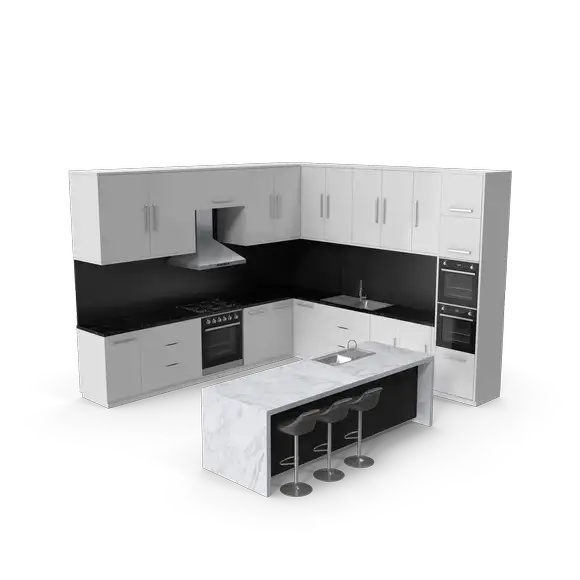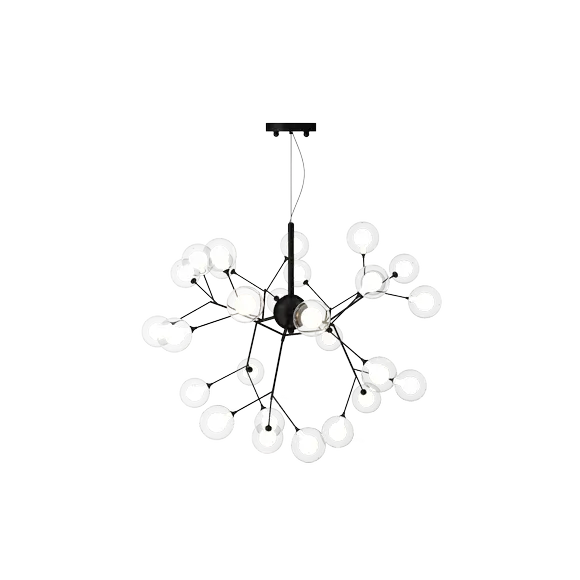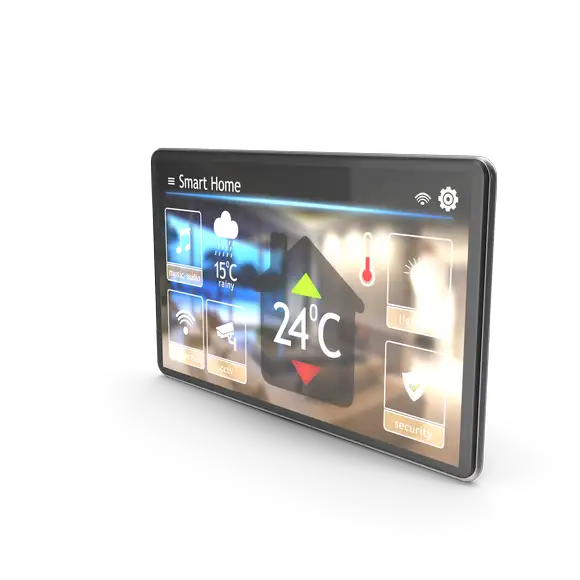What is a 12-Volt System?
A 12-volt system is a low-voltage electrical setup commonly used in various applications where safety, energy efficiency, and ease of installation are priorities. It operates at a significantly lower voltage than the standard household AC voltage, reducing the risk of electrical shock and allowing for simpler, safer handling.
Key Features of a 12-Volt System
- Safety: The lower voltage makes it safer to install and maintain, minimizing the risk of electrical shock.
- Energy Efficiency: Typically consumes less power, making it a popular choice for energy-saving applications.
- Versatility: Used in a wide range of settings from residential lighting to automotive systems.
Common Applications
- Residential Lighting: Especially in outdoor landscaping, deck lighting, and other areas where water exposure is possible, reducing the risk of shock.
- Automotive Systems: Nearly all automobiles use a 12-volt electrical system to power lighting, audio systems, and other electronic accessories.
- Portable Devices: Many battery-operated gadgets, such as camping gear and mobile lighting solutions, utilize 12-volt systems for their portability and ease of use.
Installation and Maintenance
- Wiring Considerations: Due to its low voltage, 12-volt systems can often be installed with lighter, less expensive wiring compared to standard electrical systems.
- Power Sources: Can be powered by standard AC electricity through a transformer, batteries, or even solar panels, making it flexible in terms of setup.
- Maintenance: Requires minimal maintenance, primarily involving checking connections and ensuring that power sources are functioning correctly.
Advantages of a 12-Volt System
- Cost-Effective: Installation and running costs are generally lower, especially when used with LED lighting, which is highly energy-efficient.
- Easy to Modify: Adding or adjusting components in a 12-volt system is simpler than in higher voltage systems, making it ideal for DIY projects.
- Environmental Impact: With the ability to pair with renewable energy sources like solar panels, 12-volt systems can have a lower environmental impact.
Challenges
- Power Limitations: While suitable for many applications, the lower voltage may not be adequate for devices that require high power, such as large appliances.
- Voltage Drop: Over longer distances, 12-volt systems can experience voltage drop, which can affect performance unless properly managed with appropriate cable sizing and distribution strategies.
















